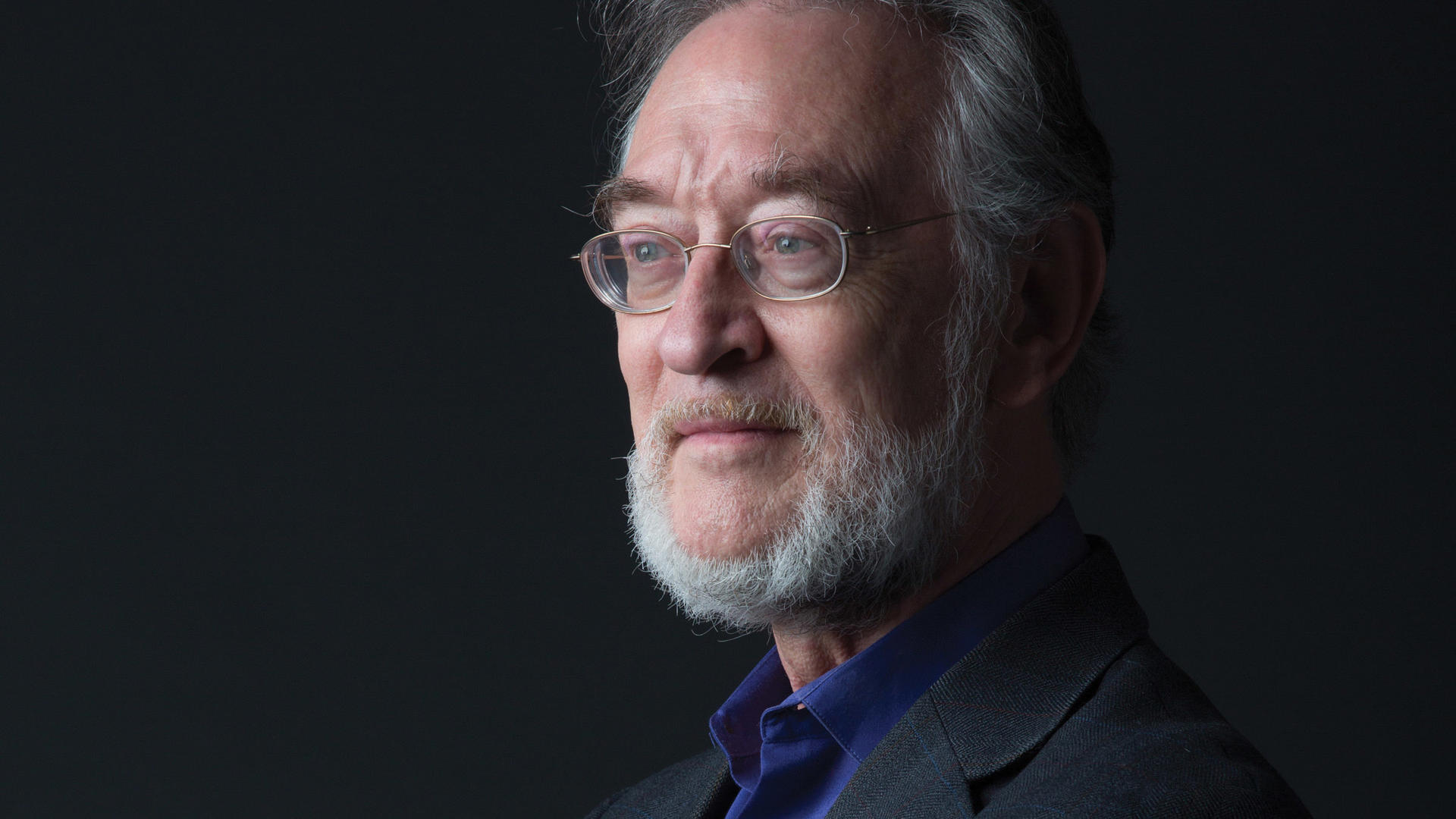
This year Ronald Copes celebrates his 20th anniversary as a member of both the Juilliard String Quartet and the Juilliard faculty. Born in Arkansas, he grew up in Nashville and received his bachelor’s degree in violin performance from Oberlin College, where he studied with David Cerone, and his master’s degree in violin performance from the University of Michigan, where he studied with Paul Makanowitzky (Juilliard faculty 1965–70). After that, Ron taught at the University of California Santa Barbara until he arrived at Juilliard. He and his wife, Lisa, have a daughter named Rowan, a dog named Mina, and a few cats.
When and why did you start playing music?
I started playing violin at 9. My father was a pianist and organist and I had taken some piano lessons with him when I was younger, but that didn’t work terribly well. However, my mother had studied the violin a little bit in college and I found her violin in storage. I asked her to teach me, and thankfully she said no, but that if I were interested, they’d find me a teacher. They did and I thoroughly enjoyed it.
Tell us about the program on November 27 when you’ll play Haydn (D Major, Op. 76, No. 5), Bartók (No. 5), and Dvořák (C Major, Op. 61) quartets. Have you played these works with the current incarnation of the quartet much?
We’ve been playing the Haydn and the Dvořák together for a while; this is our first time all together with Bartók. It’s always thrilling to rework the Bartók—coming to a work that’s something of an old friend with a different and fresh perspective is exciting and challenging. And the Dvořák is one of the most enjoyable pieces to perform and share with people—the second movement in particular is quite magical.
How did you know you wanted to be a musician?
After attending several summer programs—starting when I was about 13, but really when I was 15 and 16 and started going to Meadowmount School of Music—I realized that not only did I thoroughly enjoy playing, but also that I could practice and play for long stretches and still remain enthusiastic. Then as I got older, I truly fell in love both with the repertoire, particularly chamber music, and with the privilege of sharing that with people.
Who most inspired you artistically when you were growing up?
All kinds of recordings, and having musician friends who were serious about their instruments. Also hearing performances by teachers and guest artists.
What are your non-music-related interests or hobbies?
Weaving rugs and programming computers.
How did you come to weaving rugs?
One summer when I was teaching in Santa Barbara I had some free time. Since I had always been interested in looms, I took an adult ed class on weaving and thoroughly loved it, weaving rugs in particular. Over the next few years I took some more classes and workshops and it was wonderful, but after coming here it fell by the wayside because I didn’t have the space or, mainly, the time. But one day, maybe…
If you weren’t in the career you are in, what would you be doing?
It’s hard to know, though when I was in my teens, I made a decision to pursue music instead of mathematics, and I continued to study math well into my 20s.
Is there anything you wish you would get asked more frequently?
Every once in a while, someone will ask about the process of what we do and what kinds of information we use to choose repertoire. A lot of the delving and finding evidence for and coming to an agreement about what the composer intended is a little like a detective story.
If you could choose any meal, prepared by anyone, what would it be?
Anything, by anyone, that reflects care and imagination.